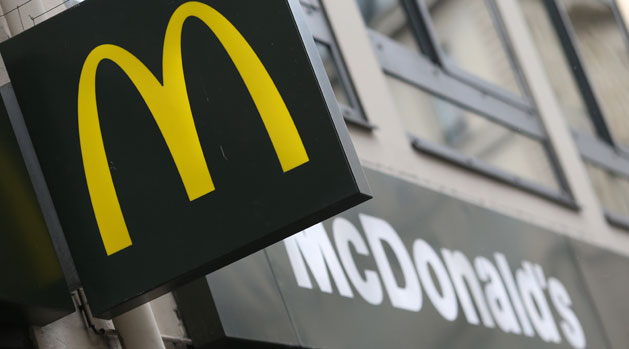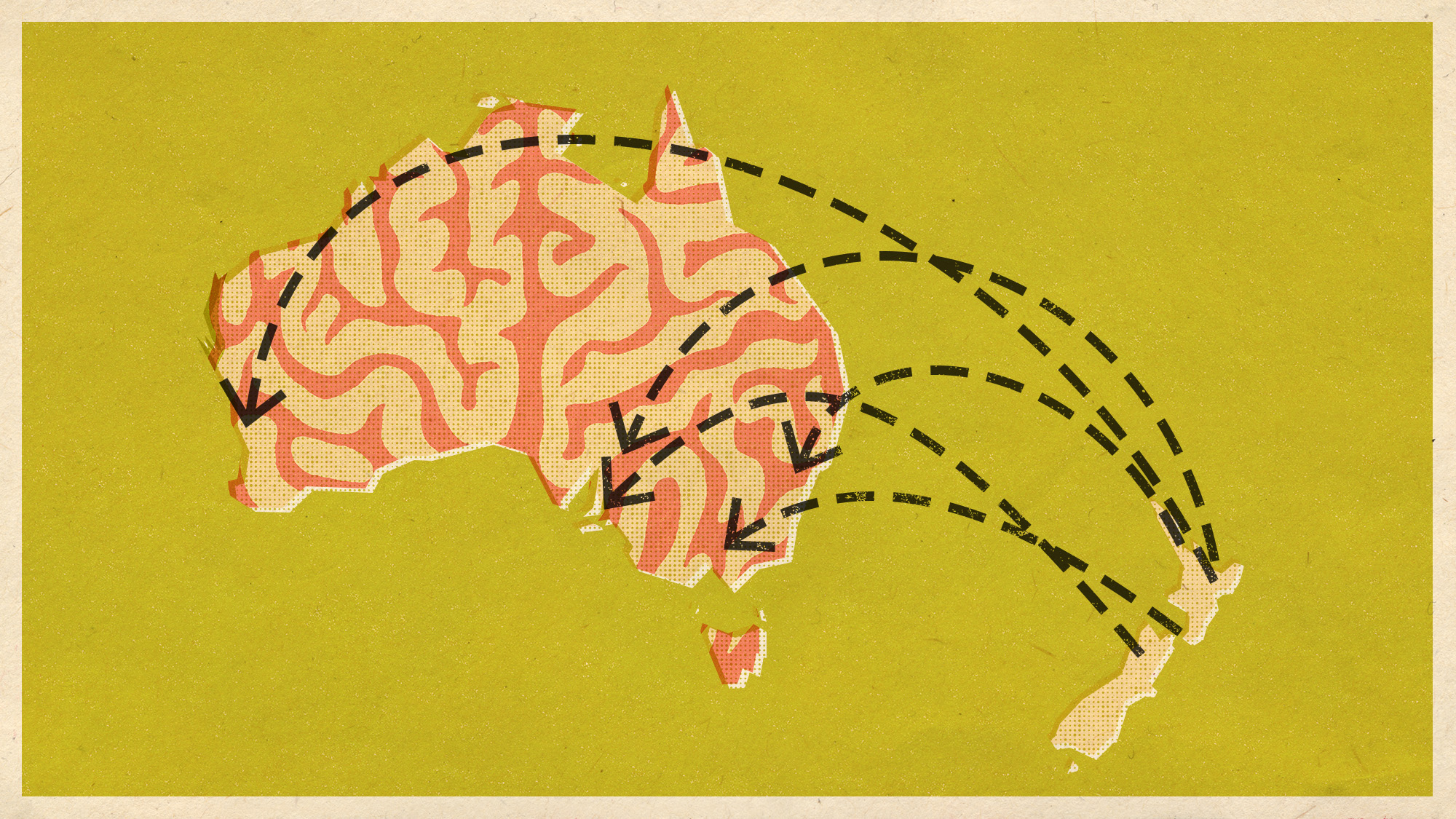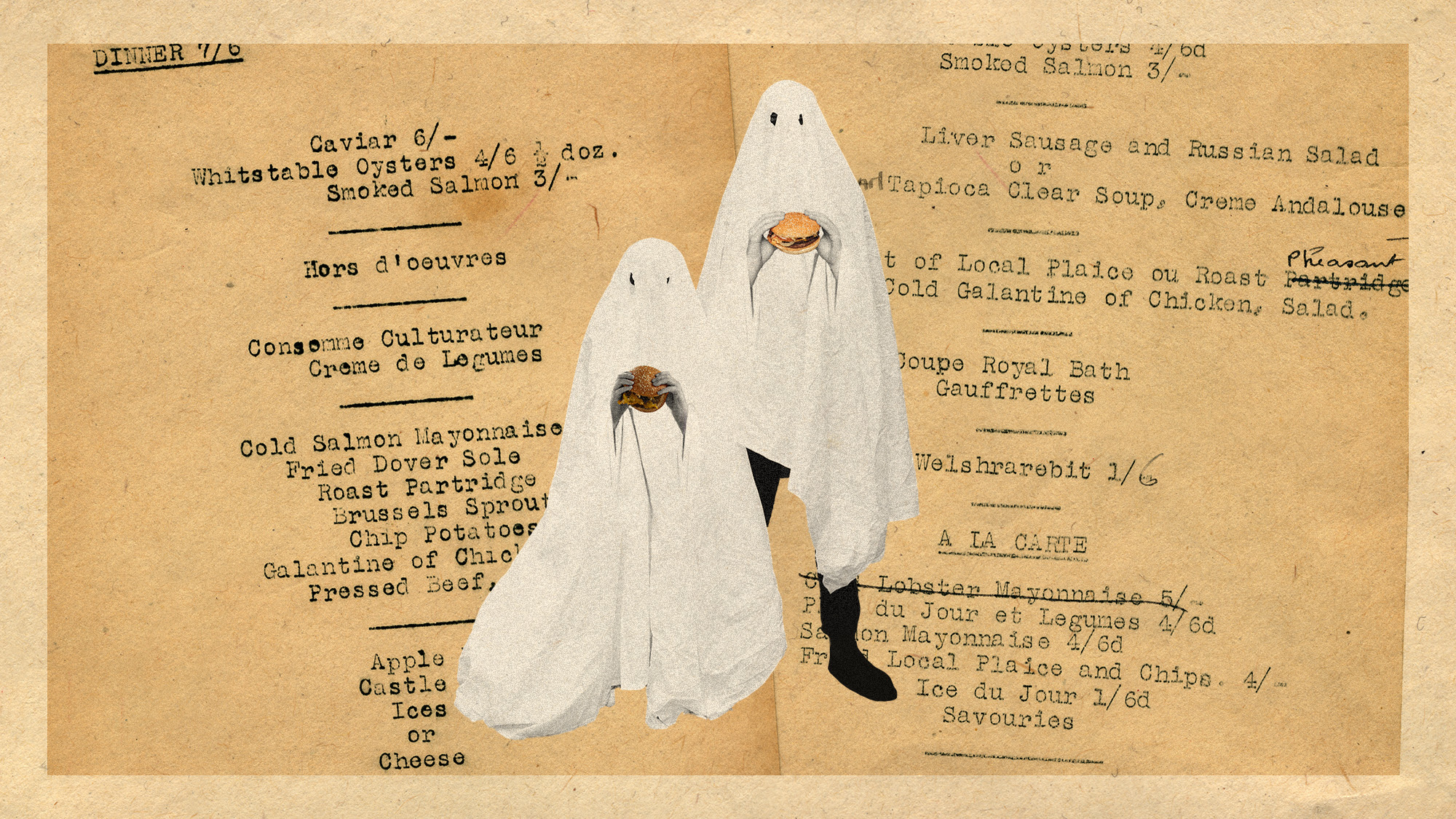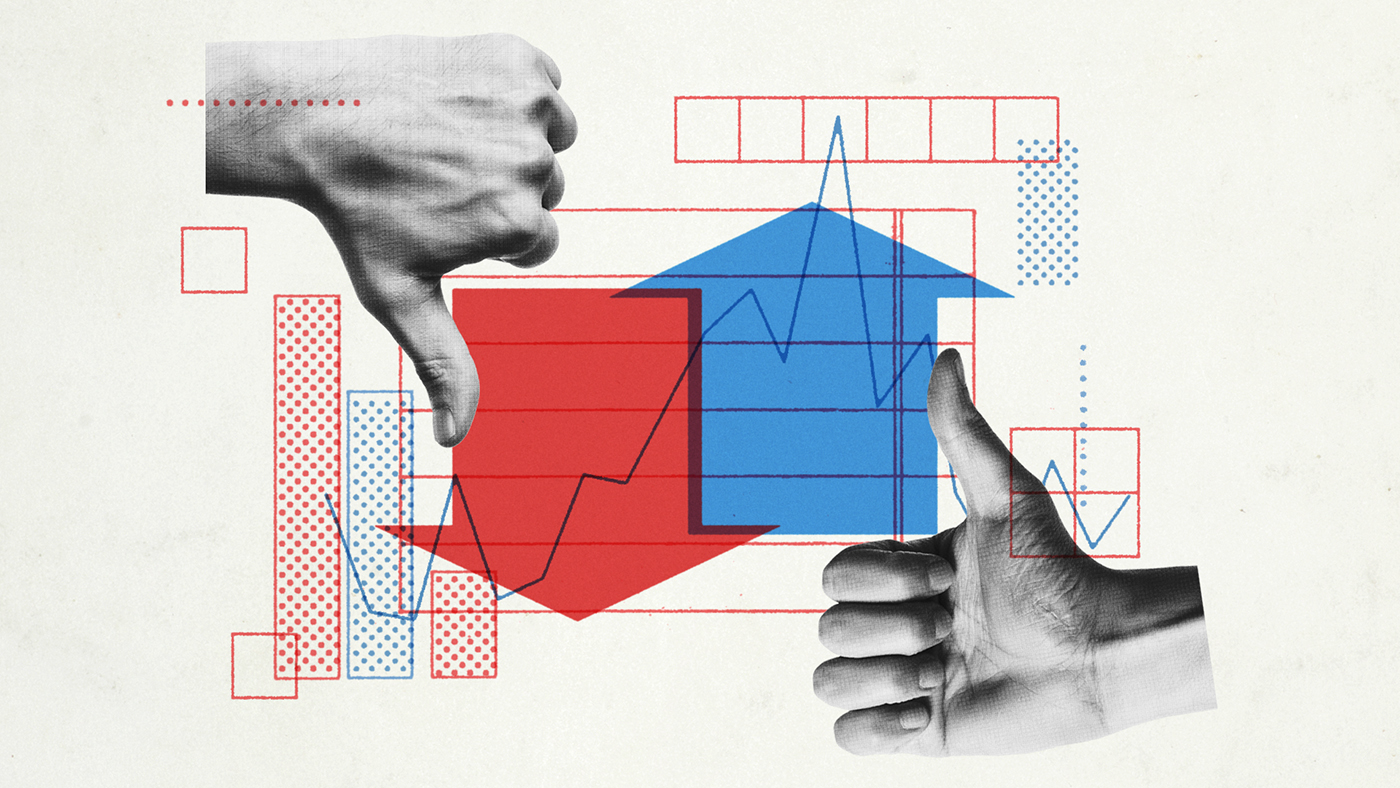Coronavirus: which UK businesses will today close their doors?
Prime Minister announces that shops selling non-essential goods will have to be shut

A free daily email with the biggest news stories of the day – and the best features from TheWeek.com
You are now subscribed
Your newsletter sign-up was successful
All non-essential businesses will today close their doors as part of strict new curbs on life in the UK to tackle the spread of coronavirus.
Boris Johnson announced last night that shops selling non-essential goods will have to be shut, while people may only leave home to exercise once a day, to travel to and from work where “absolutely necessary”, to shop for essential items and to fulfil any medical or care needs.
Shopping trips should only be for basic necessities such as food and medicine, the prime minister said, and should be as infrequent as possible.
The Week
Escape your echo chamber. Get the facts behind the news, plus analysis from multiple perspectives.

Sign up for The Week's Free Newsletters
From our morning news briefing to a weekly Good News Newsletter, get the best of The Week delivered directly to your inbox.
From our morning news briefing to a weekly Good News Newsletter, get the best of The Week delivered directly to your inbox.
–––––––––––––––––––––––––––––––For a round-up of the most important business stories and tips for the week’s best shares - try The Week magazine. Get your first six issues for £6–––––––––––––––––––––––––––––––
Businesses that will not need to close under the new guidance include:
- Restaurants, cafes and work canteens - but only for food delivery and takeaway services
- Supermarkets and other premises selling food, including market stalls
- Pharmacies
- Petrol stations, garages and car rental businesses
- Bicycle shops
- Home and hardware shops
- Launderettes and dry cleaners
- Pet shops
- Corner shops, newsagents and post offices
- Banks
Libraries, non-essential shops, playgrounds, outdoor gyms and places of worship have been told to close. Hotels, hostels, campsites and caravan parks must also close unless key workers need to stay there.
McDonald’s, Nando’s, Costa Coffee, sushi chain Itsu and sandwich company Subway closed their UK branches yesterday, ahead of Johnson’s annoucement.
A free daily email with the biggest news stories of the day – and the best features from TheWeek.com
As McDonald's closed all 1,270 of its restaurants in the UK, Paul Pomroy, UK and Ireland CEO, said: “Over the last 24 hours, it has become clear that maintaining safe social distancing whilst operating busy takeaway and Drive Thru restaurants is increasingly difficult.
“We will work with local community groups to responsibly distribute food and drink from our restaurants in the coming days. Thank you to our brilliant employees for their hard work during this incredibly challenging time. We look forward to seeing you all again as soon as it is safe for us to reopen.”
Nando’s followed suit, annoucing in a tweet that bosses had “decided that the best course of action right now is to temporarily close our restaurants”. The company added the health and safety of its 20,000 customers was its “highest priority”.
Sports Direct, meanwhile, has said it will keep its stores open, arguing that it is “uniquely well placed to help keep the UK as fit and healthy as possible”, according to the BBC.
Claiming that it provided an essential service, bosses at the company said the sports equipment it sells can be used to exercise at home at a time when gyms have been closed.
Sky News reports that shoppers last week “shunned” the high street, with figures published by customer data company Springboard revealing a 21.7% collapse in visits to the shops. The collapse in footfall was three times higher than the worst ever recorded, the company said.
Visits to supermarkets, however, have rocketed, with an additional 15m trips undertaken in Britain in the week to March 17, according to market research group Kantar.
Average spend also increased by 16% to £22.13, Reuters reports, with supermarkets taking 51% of all retail sales.
-
 How the FCC’s ‘equal time’ rule works
How the FCC’s ‘equal time’ rule worksIn the Spotlight The law is at the heart of the Colbert-CBS conflict
-
 What is the endgame in the DHS shutdown?
What is the endgame in the DHS shutdown?Today’s Big Question Democrats want to rein in ICE’s immigration crackdown
-
 ‘Poor time management isn’t just an inconvenience’
‘Poor time management isn’t just an inconvenience’Instant Opinion Opinion, comment and editorials of the day
-
 What's Jeff Bezos' net worth?
What's Jeff Bezos' net worth?In Depth The Amazon tycoon and third richest person in the world made his fortune pioneering online retail
-
 'Brain drain' fear as record numbers leave New Zealand
'Brain drain' fear as record numbers leave New ZealandUnder The Radar Neighbouring Australia is luring young workers with prospect of better jobs
-
 Ghost kitchens are pulling a disappearing act
Ghost kitchens are pulling a disappearing actunder the radar The delivery-only trend is failing to live up to the hype built up during the pandemic
-
 The birth of the weekend: how workers won two days off
The birth of the weekend: how workers won two days offThe Explainer Since the 1960s, there has been talk of a four-day-week, and post-pandemic work patterns have strengthened those calls
-
 Why household wealth took off during the pandemic
Why household wealth took off during the pandemicUnder The Radar The Covid-19 pandemic caused a lot of pain and hardship, but new research shows it also left most Americans wealthier
-
 Empty office buildings are blank slates to improve cities
Empty office buildings are blank slates to improve citiesSpeed Read The pandemic kept people home and now city buildings are vacant
-
 Inflation vs. deflation: which is worse for national economies?
Inflation vs. deflation: which is worse for national economies?Today's Big Question Lower prices may be good news for households but prolonged deflation is ‘terrible for the economy’
-
 America's 'cataclysmic' drop in college enrollment
America's 'cataclysmic' drop in college enrollmentToday's Big Question "The slide in the college-going rate since 2018 is the steepest on record"